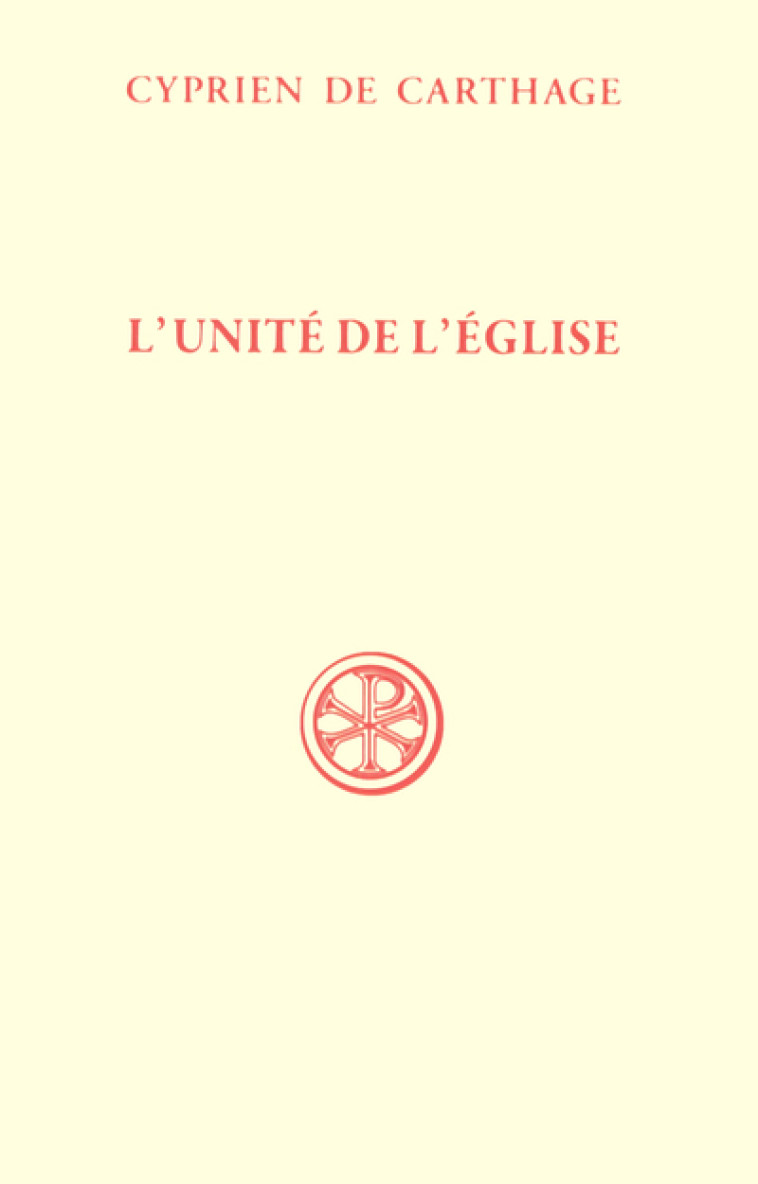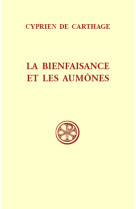--
"De ecclesiae catholicae unitate" was written in response to an event: the persecution of Christians by Decius in 250-251, and its consequences. Firstly, in Rome as in Africa, the appearance of "confessors" who, when the persecution ended, claimed to grant forgiveness to the "lapsi" (those who had "lapsed" by making sacrifices to idols) without waiting for the bishop's approval: secondly, schisms that opposed the ruthless and the indulgent in regard to the Church's cautious attitude to the "lapsed". Against these divisions, Cyprian preaches "unitas": the Church, local and universal, is one and unique. But "unitas", a state yet to be accomplished, is first and foremost a grace. In its substance, the Church is the very presence of one unique God in a plurality of Persons, facing an old, chaotic world. Cyprian's theological and liturgical vision builds the mystery of the Church on the mystery of God: through the ministry of the lawful bishop, the ecclesiastical body unites in the Eucharist with the suffering and the risen Christ, from whom Trinitarian life springs forth. The treaty then takes on unique depth. Although it does not expose all the author's ecclesiology (in spite of appearances, it says nothing of the role of the Roman Church) it does elucidate his thinking and his acts, even in their ambivalence: the primacy of love, which is God, and the exclusivity of salvation, refused to dissidents and accorded only to those in visible catholic communion. A document written in response to precise historical circumstances yet the ‘De unitate' is also a milestone. In order to understand its scope, readers must resituate it in the historical context and reread the tradition to which it gave birth (even Augustine!). Its intuitions, revisited by Catholics in Vatican II, stimulate meditation on the Church and (paradoxically?) encourage ecumenical work.


